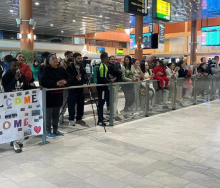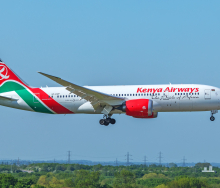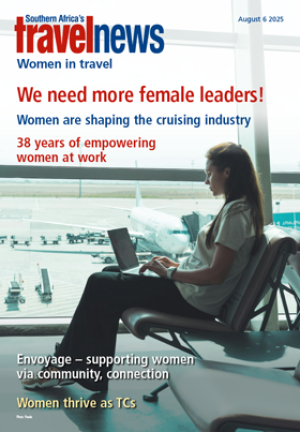IATA’S proposal to introduce a
Remittance Holding Capacity
(RHC) as part of its New
Generation of Iata Settlement
Systems (NewGen ISS) could
see agents restricted in the
number of airline tickets they
can sell.
NewGen ISS aims to
transform the current ISS
business model, which
facilitates the distribution
and settlement of funds
between travel agents and
airlines, says Iata.
One of the measures Iata
wants to introduce is the
Remittance Holding Capacity,
which it explains only as “a
monetary threshold to the
agent’s outstanding cash
sales due to be remitted to
the BSP”. Currently no such
threshold exists and when
agents exceed the amount of
cash sales backed up by their
guarantee or by the DIP, Iata
adopts a reactive approach
says Perry Flint, Iata head of
corporate communications.
Otto de Vries, ceo of Asata,
is concerned about how the
introduction of the RHC will
restrict an agent’s ability to
sell airline tickets when the
credit limit is reached. He
says sales would then only
be possible if they were paid
upfront through EasyPay (a
new alternative pay-as-you-go
payment model part of the
NewGen ISS) or if the agent
were to obtain additional
bonding.
“We think the mechanisms
of the ISS will not be able to
deal with those top-ups and,
as you run out of money, you
won’t be able to ticket any
more. Think of that happening
on a Friday afternoon and you
can’t get hold of Iata to make
the arrangements you need
to. This will disrupt your ability
to ticket until they ‘switch you
on’. It’s not only bad for travel
agents but for airlines as well.”
“A situation could arise
where you are awarded a
large tender for a sporting
event or MICE booking, where
your volume processed
for a specific month could
increase materially because
you would move a large
volume of travellers, which
was inconsistent with previous
years,” says Lidia Folli, cfo of
Tourvest Travel Services. “If
you have a fixed limit in terms
of the RHC you’d not be able
to issue those tickets and
you’d have to find funding for it
in another form.” Furthermore,
she says there is no line of
sight as to how practically
such situations are managed
to gain a temporary “reprieve”
for what would be a normal
business transaction.
Lidia says that if Iata wants
to implement the RHC it
would have to put in place
a system that allows travel
agents to see how much
they’re spending against
that credit limit and takes
into account transactions as
they are issued live, at best,
certainly no later than one day
in arrears.
How the RHC will be
calculated and how it will be
applied is still being refined
through a collaborative
approach with airlines and
agents, says Perry. “We are
also developing a mechanism
to permit exceptional shortterm
increases in the RHC.”
Asata will be taking part in
the Iata working groups on
the RHC and EasyPay, which
will take place in Madrid
on July 28, where issues
surrounding the processes
will be addressed. Other
proposals of NewGen ISS,
including accreditation models,
global insolvency insurance
and alternative methods of
payment, will be put to a
vote at the next PaConf in
September.














